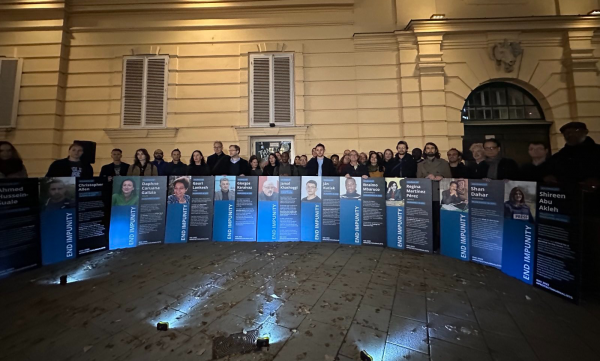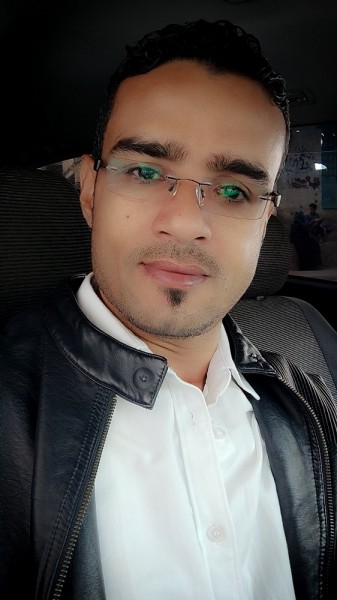In a March 2 interview with the International Press Institute (IPI), Nadia al-Saqqaf, editor-in-chief of the Yemen Times spoke of the challenges of practicing journalism in Yemen, and about the resilience of the Yemeni media.
“The situation for newspapers and the media generally is very uncertain; it’s very volatile,” al-Saqqaf said of the current working conditions. “The situation is very unpredictable, even for Yemeni journalists who have been in the field for more than 40 years.”
According to al-Saqqaf, this is because there is no “fixed system for dealing with the media.” She explained that the state-run media, political party-affiliated media and independent media are all treated differently. Further, she noted that journalists are frequently attacked and that there is “nobody there to protect them.”
In its annual World Press Freedom Review 2009 – Focus on the Middle East and North Africa, IPI reported that renewed conflict with Shiite rebels in the northern Yemen, increasingly violent demonstrations in the south of the country, and the expanding presence of al-Qaeda had led to an overall security decline in the country last year, including for reporters.
Journalists who criticize the government response to the unrest have been intimidated, threatened, attacked or jailed under insult laws and anti-terrorism legislation.
The government in Yemen continues to closely monitor the private media. The authorities have at times seized copies of newspapers, raided and shut down media offices, blocked websites and jammed broadcast signals. Most recently, the Yemeni authorities seized the broadcasting equipment from the offices of pan-Arab broadcasters Al Jazeera and Al Arabiya on 11 March, preventing them from broadcasting live, in what the stations believe was an effort to prevent reporting on the southern secessionist movement.
Nonetheless, al-Saqqaf said: “It’s not as easy as it used to be for the government to kill people. Journalists are making use of this small flexibility and they are pushing the envelope.”
She added: “There’s only one way for the media to go and that is forward. It’s like you’ve come from the darkness to the light. It’s not possible to stop the progress that’s happening in the media. Only it makes the journalists stronger and angrier.”


